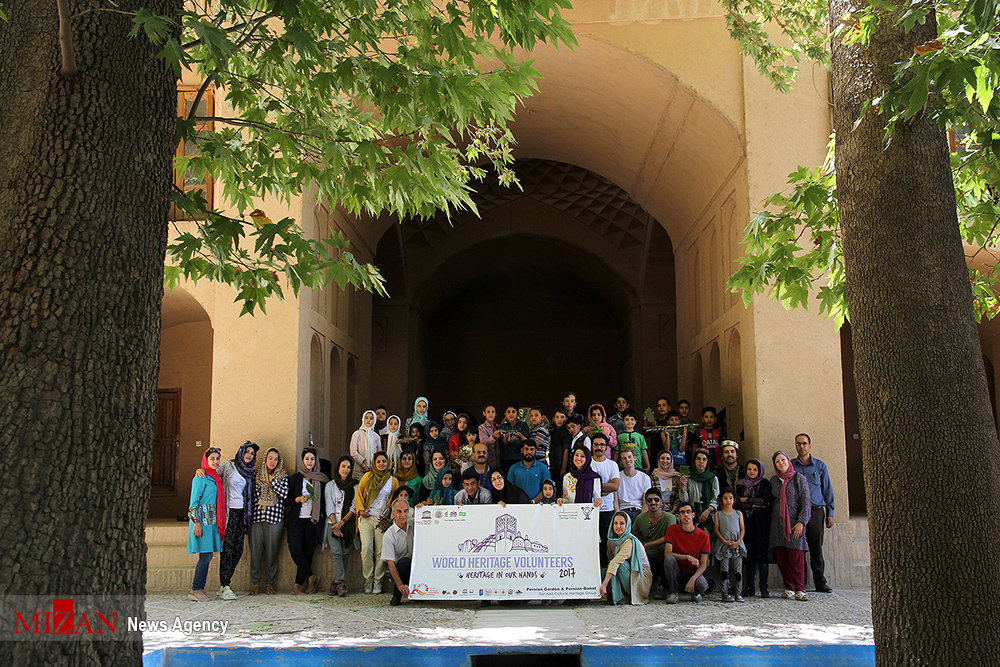World Heritage Volunteers help raise awareness of Persian qanats

TEHRAN – A cluster of World Heritage Volunteers has spotlighted essentials to conserve and promote Persian qanats, a UNESCO registered heritage that provides exceptional testimony to cultural traditions in desert areas with an arid climate.
Within the framework of the UNESCO World Heritage Education Program, the World Heritage Volunteers (WHV) Initiative was launched in 2008 in collaboration with the Coordinating Committee for International Voluntary Service (CCIVS) to mobilize and involve young people and youth organizations in World Heritage preservation and promotion.
Yazd, a central Iranian city famous for its aqueducts (qanats), played host to the World Heritage Volunteers campaign from August 23 to September 6.
“The event aimed at raising awareness about the vulnerable condition of the qanat and promoted its value and importance, while involving youth in the conservation and the improvement of the conditions of the aqueduct,” UNESCO reported.
The program was organized in close collaboration with the Sarvsaan Cultural Heritage Group, the International Center on Qanats and Historic Hydrauic Systems (ICQHS), Tamadon Karizi Consulting Eng., Karizban NGO, Public library of Mehriz, and Puppet Museum of Kashan.
Throughout the arid regions of Iran, many agricultural and permanent settlements are still supported by the ancient qanat system of tapping alluvial aquifers at the heads of valleys and conducting the water along underground tunnels by gravity.
PHOTO: A cluster of World Heritage Volunteers pose for a photo at a lush garden in Yazd, central Iran, on September 6, 2017.
AFM/MG
